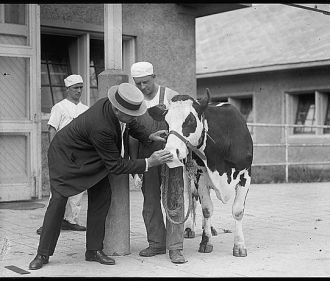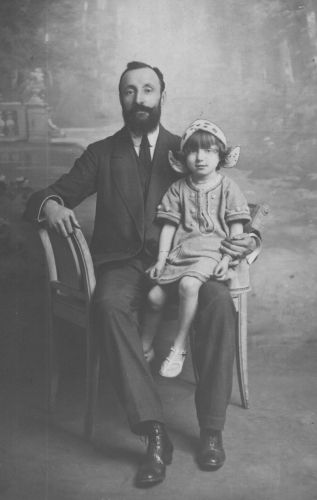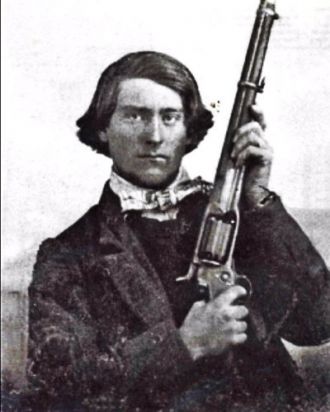Advertisement
Advertisement
Terri Lent
About me:
I haven't shared any details about myself.
About my family:
I haven't shared details about my family.
Interested in the last names:
I'm not following any families.
Updated: February 5, 2010
Message Terri Lent
Loading...one moment please


Recent Activity
Photos Added
Terri hasn't shared any photos yet.
Recent Comments
Terri hasn't made any comments yet
Terri's Followers
Be the first to follow Terri Lent and you'll be updated when they share memories. Click the to follow Terri.
Favorites
Loading...one moment please


AncientFaces
This account is shared by Community Support (Kathy Pinna & Daniel Pinna & Lizzie Kunde) so we can quickly answer any questions you might have.
Please reach out and message us here if you have any questions, feedback, requests to merge biographies, or just want to say hi!
2020 marks 20 years since the inception of AncientFaces. We are the same team who began this community so long ago. Over the years it feels, at least to us, that our family has expanded to include so many. Thank you!
2020 marks 20 years since the inception of AncientFaces. We are the same team who began this community so long ago. Over the years it feels, at least to us, that our family has expanded to include so many. Thank you!


Cattle Nose Prints
In 1922, Dr. W. E. Petersen, a dairy researcher at the University of Minnesota, gave an extensive report on the methods of obtaining ink noseprints, and the use of these prints in identifying dairy cattle. He presented the following conclusions:
The design on the nose (area from the upper lip to the top of the nostril) is a result of subcutaneous (under the skin) glands which cause distinct elevations or ridges.
Each design or pattern of ridges and grooves is specific for that individual animal.
As the animal gets older, the nose becomes larger; however, the pattern of ridges and grooves remains the same.
Legible or readable noseprints can be used as a means of positive identification and can be made from a small portion of the print.
The ink noseprinting procedure is simple enough to be practical.
The design on the nose (area from the upper lip to the top of the nostril) is a result of subcutaneous (under the skin) glands which cause distinct elevations or ridges.
Each design or pattern of ridges and grooves is specific for that individual animal.
As the animal gets older, the nose becomes larger; however, the pattern of ridges and grooves remains the same.
Legible or readable noseprints can be used as a means of positive identification and can be made from a small portion of the print.
The ink noseprinting procedure is simple enough to be practical.

Clovis MOTTUEL et Ginette
A photo of Clovis Mottuel and Ginette, circa 1910 Lyon France . My Grandfather
People tagged:




